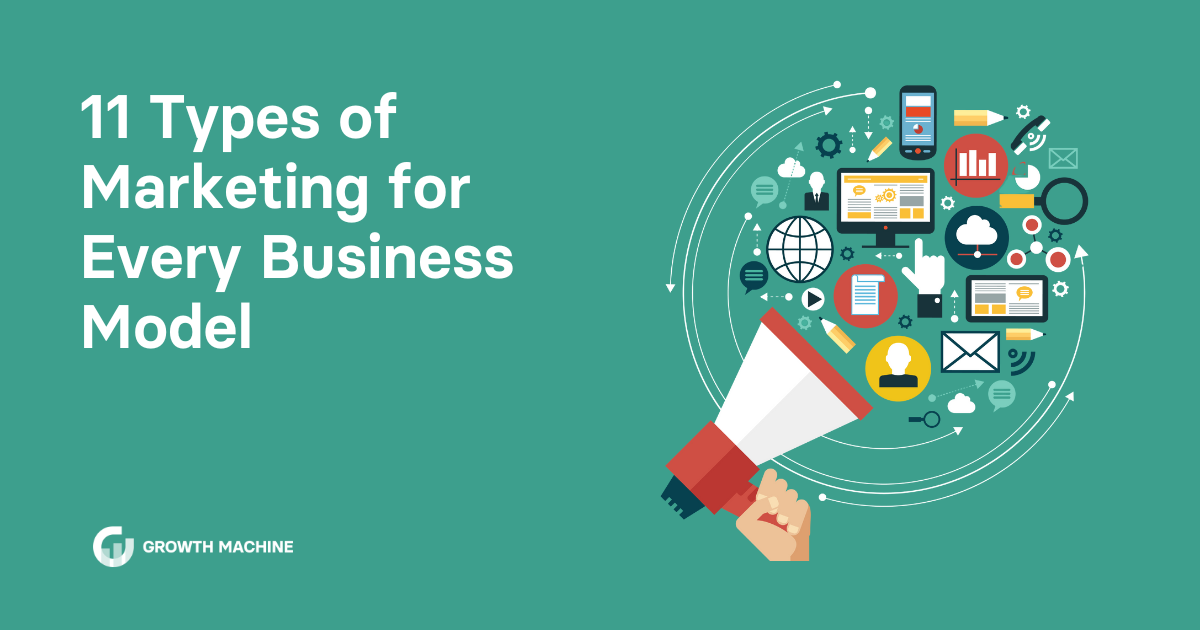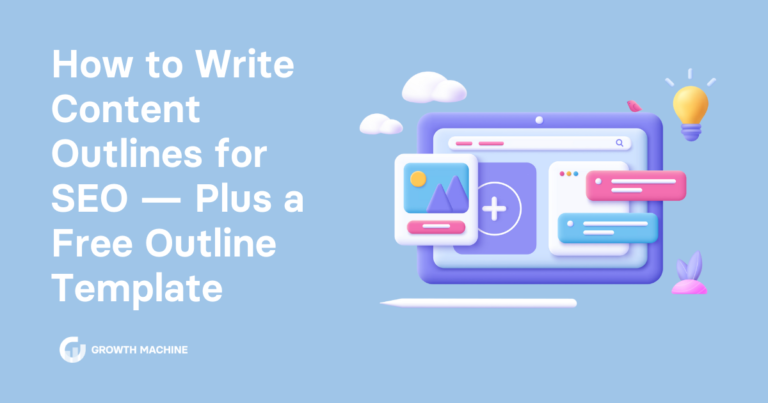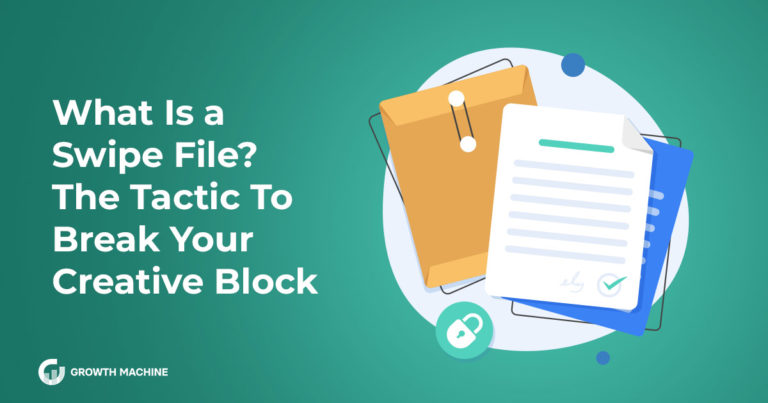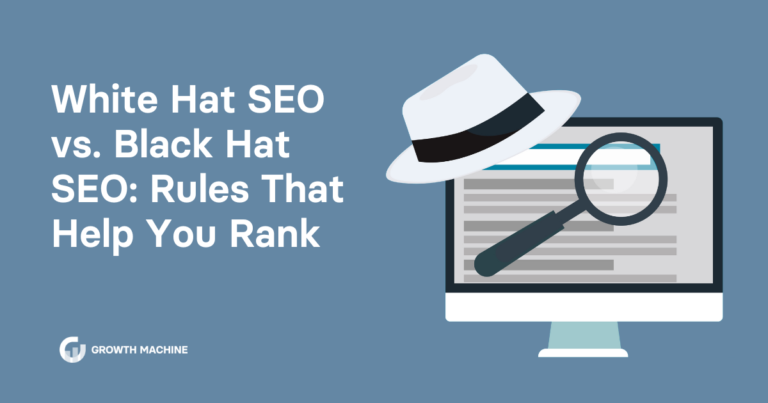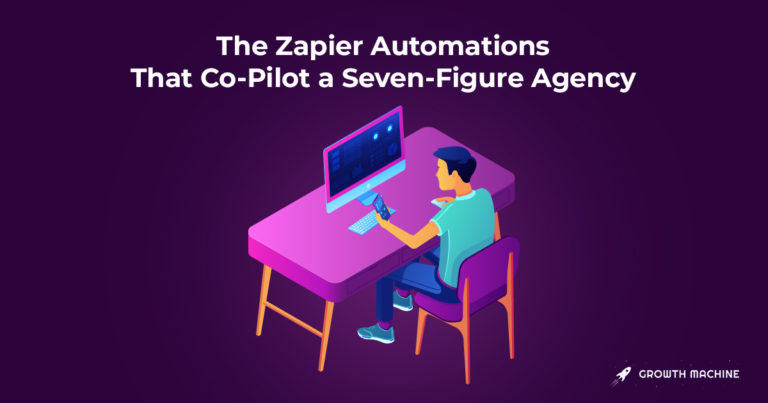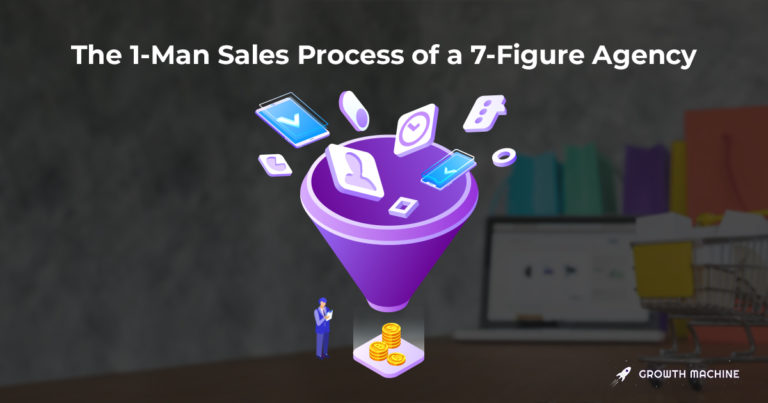11 Types of Marketing for Every Business Model
You’ve done the hard work of building a business from the ground up. From hiring the best team to designing world-class products and services, you’re ready to take the world by storm. Now, it’s time to start promoting your business to potential customers.
But marketing comes with a sea of possibilities. Just Google “business marketing strategies” and the sheer number of marketing approaches will overwhelm you.
Instead of trying everything and anything, it’s critical to define which types of marketing work best for your business and focus your energy there. After all, a technology consulting firm isn’t the same as a small business selling small batches of handmade soap.
The type of marketing you choose matters because every marketing strategy requires a different approach. In this guide, we’ll break down the most common forms of marketing you’ll encounter, explain how they work, and help you decide which types of marketing are best for your biz.
B2B vs. B2C Marketing
Before we look at channel-specific marketing, we have to understand the difference between B2B (business-to-business) and B2C (business-to-consumer) marketing. Each approach focuses on a different target audience, which affects the marketing channels you choose.
In B2B marketing, you sell products and services to other businesses. This type of marketing has a longer sales cycle but usually has higher-value transactions. For example, you might only pursue a handful of clients at a time but rake in hundreds of thousands of dollars. Instead of targeting everyone on the internet, you tailor campaigns only to a very specific type of business owner or employee. Trade shows, webinars, and LinkedIn social media marketing are popular strategies in B2B.
B2C marketing, on the other hand, targets individual consumers. This marketing strategy is usually more product-focused and emotional. Most B2C purchases happen pretty quickly but at a lower price point than B2B transactions. Influencer marketing, paid ads, and content marketing are super popular for B2C.
It’s important to note that you can do both traditional and digital marketing for B2B and B2C. We recommend understanding which type of audience you’re targeting first, though, so you choose the right mix of traditional and digital marketing approaches that will work for your business.
Traditional Marketing
Traditional marketing might not be as sexy as different types of marketing, but it still has a place in your marketing mix.
Most traditional marketing approaches focus on outbound marketing, where a business actively reaches out to customers, usually without customers expressing interest first. That isn’t a bad thing, but it’s the reason why traditional marketing approaches tend to have lower engagement rates than inbound approaches.
Although traditional methods might have fallen out of favor, they can still play a complementary role to the other strategies in your marketing mix.
Direct Marketing
Direct marketing is a strategy where you directly communicate with potential customers. It’s useful if your sales strategy requires more of a personal touch or multiple touchpoints.
Direct mail is a type of direct marketing where you send physical mail, like postcards, to the homes or offices of your target audience. Not everyone will take action on direct mail, but if you combine special offers, coupons, or exclusive discount codes with the campaign, you’ll see way higher engagement rates.
Word-of-Mouth Marketing
Word-of-mouth marketing is the most powerful and ROI-friendly form of marketing. Although it started out as a more traditional form, it can actually happen via any type of marketing.
Think of this as the original form of organic marketing, where people learn about your business purely because of its quality, not marketing hype. When a happy customer refers a family or friend to your business, that recommendation carries way more weight than, say, a newspaper ad or a social media post.
Referrals are a prime example of traditional word-of-mouth marketing, especially in B2B. In fact, a lot of businesses encourage referrals by offering incentives to clients who bring in new customers. Offer referral bonuses and the number of qualified new customers coming through your doors will definitely increase!
Event Marketing
Event marketing is a traditional type of marketing that can happen either in person or virtually. The goal of event marketing is to create a memorable experience connecting shoppers or decision-makers more directly with your brand. Most people will walk by a billboard or delete a promotional email without a second thought, but it’s harder to ignore you if you’re in the middle of the street with a jazz band.
Event marketing takes many forms, from pop-ups to trade shows to conferences to webinars. Try event marketing to launch a new product, promote a brand in a new market, or simply network with potential B2B leads.
Guerrilla Marketing
Guerrilla marketing is an underused type of marketing that, while hard to pull off, creates a stir both in person and online. It creates memorable brand experiences not through events but through unconventional ways that create a buzz—and often go viral online.
For example, flash mobs and unique street art installations are effective ways to get your brand noticed without a big budget. The goal is to create something so unique, surprising, and engaging that people naturally want to share it with everyone they know, leveraging word-of-mouth marketing across all channels.
Digital Marketing
Digital marketing is the marketing strategy du jour. Most digital marketing strategies use inbound marketing techniques, where you attract customers to your brand instead of hunting them down yourself. This comes with the added benefit of knowledgeable, curious audiences primed for interaction and purchases.
Marketers tend to prefer digital marketing over traditional marketing because it’s easier to track and set up. And it doesn’t hurt that most digital strategies are dirt cheap. Billboards cost hundreds of dollars, while it costs next to nothing to publish a blog.
Whether you’re a mid-sized business primed for growth or a small business looking to carve out your niche online, these types of marketing will definitely help your brand grow.
Content Marketing
Content marketing can happen via traditional avenues like newspapers or billboards, but it’s much more effective online. With content marketing, you create content that adds value instead of directly promoting your brand or product. This less in-your-face form of marketing solves your target audience’s pain points through content like:
- Blog posts
- Videos
- Infographics
- Podcasts
Content marketing is a form of organic marketing where you connect with potential customers naturally, without paying for exposure. If you play your cards right and create content consistently, you’ll find yourself standing out in the search engines and social media, attracting customers every time you click “Publish.”
The key is to create quality content consistently, and that’s no small feat. Fortunately, there’s no need to clone yourself to do it all. Growth Machine’s team of SEO and content experts help you take advantage of this type of marketing for zero fuss, handling the entire process for you. See how Growth Machine tripled a B2B website’s traffic in six months with search engine-optimized content.
Search Engine Optimization
Search engine optimization (SEO) is an organic digital marketing tactic that makes your website more attractive to search engines. The higher quality they think your website is, the more likely they are to recommend it to people looking for products, information, or solutions like yours.
SEO mostly affects your website copy, but also has an impact on everything from your product listings to your site’s technical back-end setup. Work with a technical SEO specialist, content team, or web developer to properly display your website to search engines.
Email Marketing
Email marketing is a subset of content marketing, but it’s so effective that it deserves its own category. With email marketing campaigns, you need people to opt into your email list, but if you can get them to do that, you’ll have a direct line of communication to send them your latest blogs, sales, and other helpful information.
Email campaigns are best for relationship nurturing. Use it to announce new products or deliver tailored content to specific audience segments. It’s a cost-effective way to reach potential customers, boost brand awareness, and drive sales.
Pay-Per-Click (PPC) Ads
PPC ads are the most expensive type of search engine marketing (SEM). Paid ads via platforms like Google Ads are a great way to buy visits to your site instead of earning them organically. This paid marketing strategy is helpful for getting immediate clicks on your website and products, but you pay every time someone clicks on your stuff—and the costs add up pretty quickly.
Sure, you’ll show up in search engine results pages (SERPs) faster with paid ads than with organic SEO, but at a cost. This is an effective strategy for driving targeted traffic to your website, but it requires a budget and an experienced hand, so only invest in PPC after you’ve exhausted other types of marketing first.
Social Media Marketing
Social media marketing is another subset of content marketing. With this type of marketing, you sign up for social media platforms like Instagram, Facebook, LinkedIn, and TikTok to connect with your audience. It’s a versatile form of marketing that includes everything from paid ads to organic content and community management.
You can definitely make sales on social media, but the main goal is to engage with your audience and build a community around your brand. Plenty of shoppers and potential clients will check out your social media presence before doing business with you, so this is a crucial way to build trust in your brand.
Influencer Marketing
Influencer marketing is popular on social media, but it also happens via podcasts and blogs. With this approach, you hire people with a significant online following to promote your brand.
As long as you partner with the right influencer, you’ll have a say in their followers’ purchasing decisions and (hopefully) convince them to give your brand a try. This type of marketing is best if you want to engage with your audience in a more authentic, engaging way. It’s especially helpful if you’re a new brand looking for clout in an established space.
Affiliate Marketing
Affiliate marketing is a type of performance marketing where you reward affiliates for bringing paying customers to your brand. It’s a win-win arrangement: Your business gets more customers, and affiliates earn commissions from each sale.
Affiliate marketing is similar to influencer marketing. But instead of paying affiliates outright for their work, you pay them a commission every time they bring a paying customer to your site. There’s no guarantee of success with influencer marketing, but you only pay for results with affiliates. That arrangement makes affiliate marketing a perfect choice for resource-strapped brands craving results.
Bolster Your Marketing Plans With Growth Machine
There are so many types of marketing to choose from. When in doubt, go with a mix of marketing methods that won’t break the bank. Tactics like paid ads, events, and influencers will certainly turn heads, but start with organic approaches first. This will lay the foundation for more successful paid strategies in the future.
Whether you invest in email, social media, or affiliates, SEO and content marketing underpin every part of a marketing strategy. Effective marketing isn’t just about picking the right channels but also about creating high-quality content that customers and search engines can’t get enough of.
Consistency is key, and that’s where Growth Machine comes in. Our team crafts well-researched, expert content tailored to the nuances of your business and target audience. See the difference firsthand: Contact Growth Machine to build a content marketing strategy that gets measurable results.

